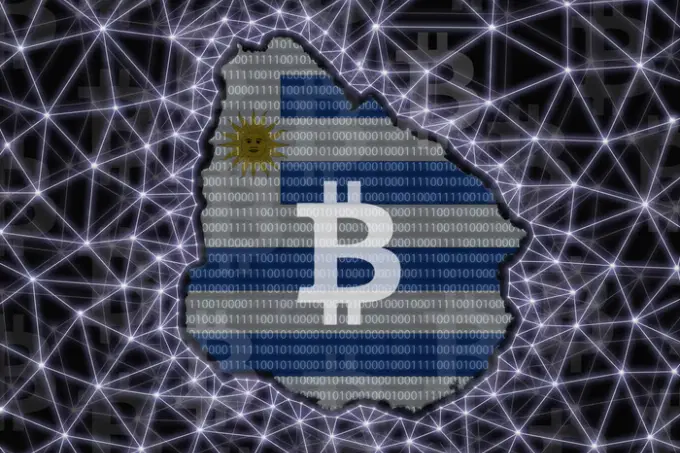RIO DE JANEIRO, BRAZIL – After El Salvador recently made Bitcoin legal tender in the country; Uruguay is now thinking about doing the same.
Uruguayan Senator Juan Sartori has announced a bill to make Bitcoin a legal tender in Uruguay, allowing companies to introduce the cryptocurrency and create specific regulations for the sector.
“Cryptocurrencies are an opportunity to create investment and jobs. Today I presented a globally groundbreaking bill that aims to establish a legitimate, legal and secure use for companies related to the production and commercialization of cryptocurrencies in Uruguay,” he said on Twitter.
Read also: Check out our coverage on Uruguay
According to the text sent by the senator, “crypto will be legally recognized and accepted, applicable to any legal business and considered a valid means of payment, along with those that are part of the Financial Inclusion Law.”
“With this law, on the one hand, those who use these new methods and digital instruments will be protected, and on the other hand, the actors and companies in this field will be provided with a law and a legal framework in which they can carry out their business in the best possible regulated and protected way, with all possible guarantees,” the senator added.
Sartori was elected senator in 2019 by the center-right National Party, which is that of President Luis Alberto Lacalle Pou and has a majority in the Uruguayan Parliament. In the bill, in addition to its use as a means of payment, the senator proposes the creation of three types of licenses for companies directly related to the country’s crypto market.
With the first, it could trade “crypto actively.” With the second, “store and offer custody services.” And with the last, “issue crypto with financial functions.”
In terms of regulation, the law provides mechanisms to combat money laundering and the financing of terrorism and other criminal practices, such as authorizing the Uruguayan National Secretariat to regulate, inspect and audit the companies that hold the licenses from time to time.
Latin America has proven to be very open to the crypto market in recent months. In addition to the various products available in Brazil related to the sector – such as mutual funds and several ETFs – and the “bitcoin law” in El Salvador, countries such as Argentina, Mexico, Panama, and Paraguay are already discussing legislative advances that could accelerate the introduction of crypto companies in the region.


